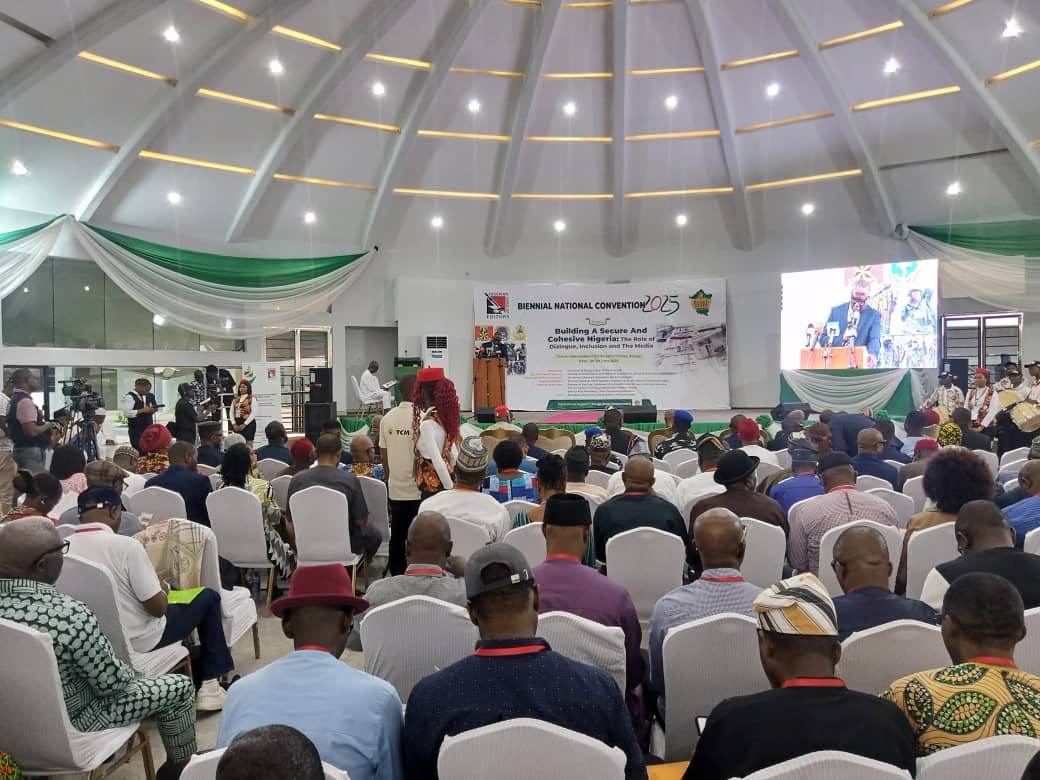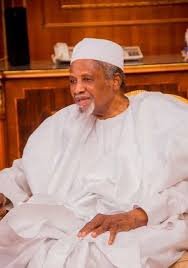EU unveils 40m Euros education, empowerment programme for 3 States
The European Union (EU) has announced a 40 million euros multi sectoral support programme for youths in Sokoto, Kano and Jigawa states.
The EU Ambassador to Nigeria and ECOWAS, Samuela Isopi, explained during the inauguration of the programme on Wednesday in Sokoto that it was designed to improve healthcare, nutrition, gender equality, safe learning and innovations, overall educational planning and livelihood needs.
According to her, it is a multi- sectoral education and youths empowerment project that will be executed with Conditional Cash Transfers, parental supports on agricultural productions and complete improvement of quality education.
The envoy said the programme was a symbol of continued commitment towards improving education and youths empowerment in spite of the challenges in Nigeria such as attacks on schools, including Quranic school pupils.
Isopi reiterated that the EU stands with the citizens and is committed to supporting the country to overcome the challenges.
In her address, UNICEF Country Representative, Ms. Cristian Munduate, said the programme is a significant investment in education targeted at bringing children back to school, improving foundational literacy and numeracy and expanding education information management systems.
“We have come a long way in identifying what works to improve access to education and to improve learning in Nigeria.
“In the North-West, where the partnership will be implemented, our engagement with government, traditional and religious leaders has been crucial in bringing back 1.5 million girls to school in 6 states.
“The out-of-school problem and learning challenges are significantly exacerbated by a fast-growing child population, poverty, violence, and insecurity in the North-West,” she said.
Munduate said factors putting additional pressure on the education system, include shortage of classrooms and qualified teachers and lack of data.
She explained that the programme adopted a life cycle approach by supporting students’ educational journey from early childhood education to secondary education
According to her, the programme also recognises that learning can take place in multiple settings, including formal schools, Integrated Quranic Schools and community centres.
“Sokoto state has a high number of out-of-school children and learning achievement in literacy and numeracy is low.
“Through a multi-year grant, Sokoto state will reintegrate children into schools by providing cash transfers to poor households and schools, engaging with communities and creating a safe learning environment,” she added.
She expressed optimism that the programme will enhance learning outcomes, continuous teacher professional development, availability of teaching and learning materials and fostering foundational, transferable and life skills.
“The digital learning tools will enhance the education system’s resilience to shocks like climate events and insecurity, ensuring uninterrupted learning.
“Advancing education hinges on adequate financing and reliable data.
“Strengthening planning and decision-making processes will involve investing in robust education information systems and enhancing the system’s capacity to plan, budget, and monitor education financing,” the UNICEF chief added.
The Sultan of Sokoto, Alhaji Sa’ad Abubakar, represented by Dr Jabbi Kilgori, District Head of Kilgori, commended the donors on the initiative and pledged their support to achieve the desired impact.





